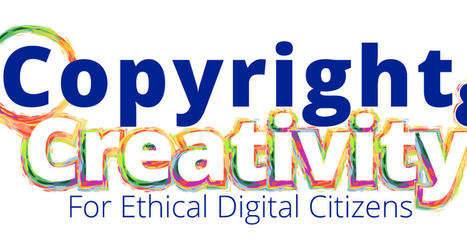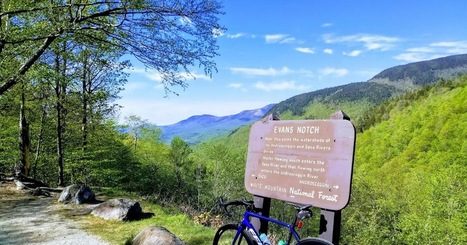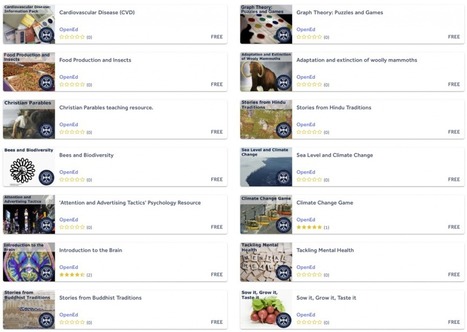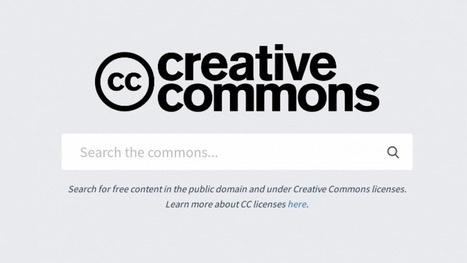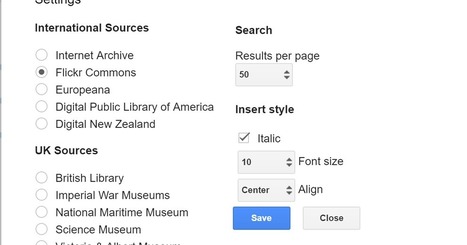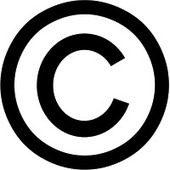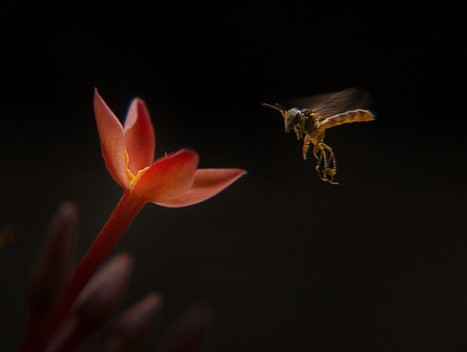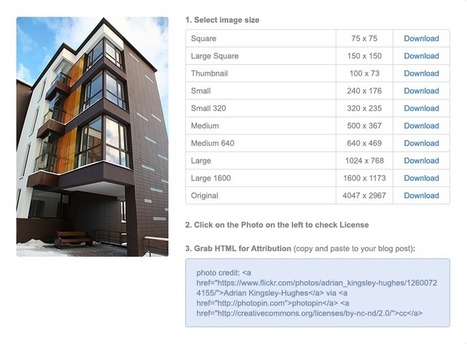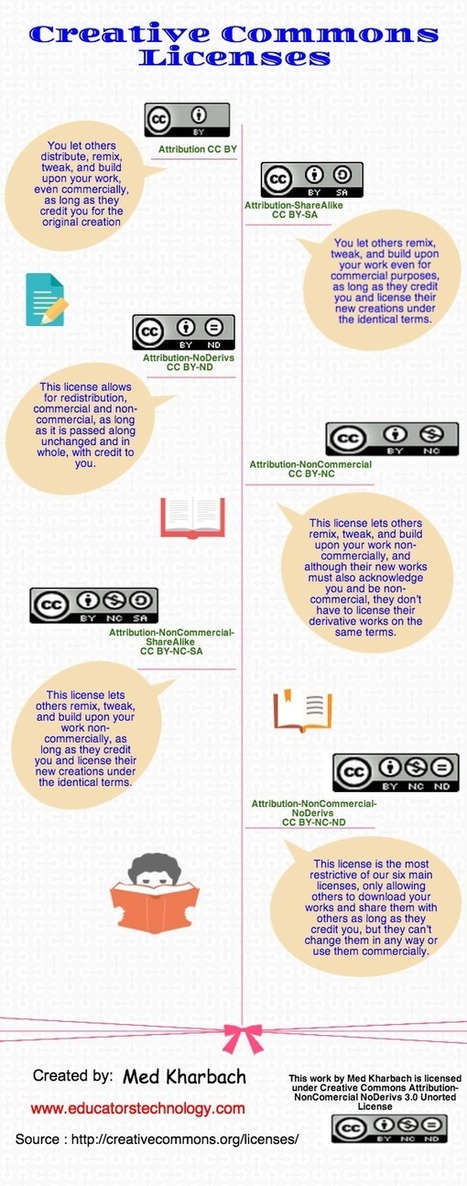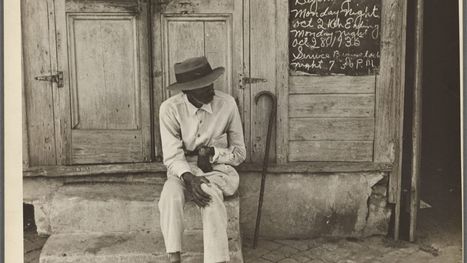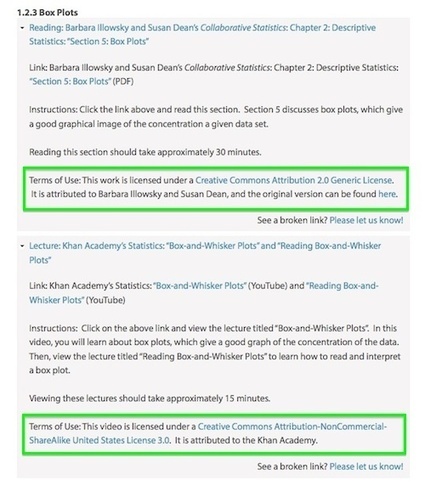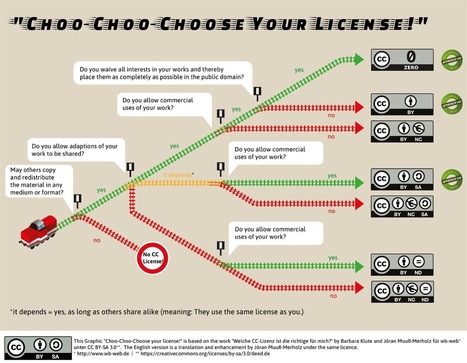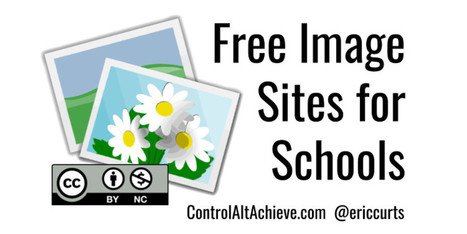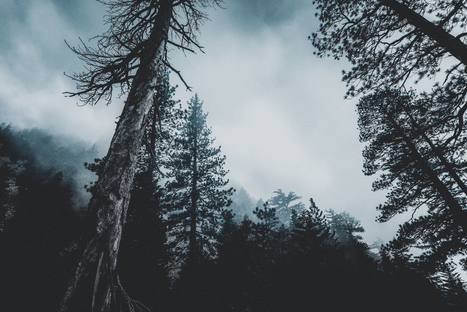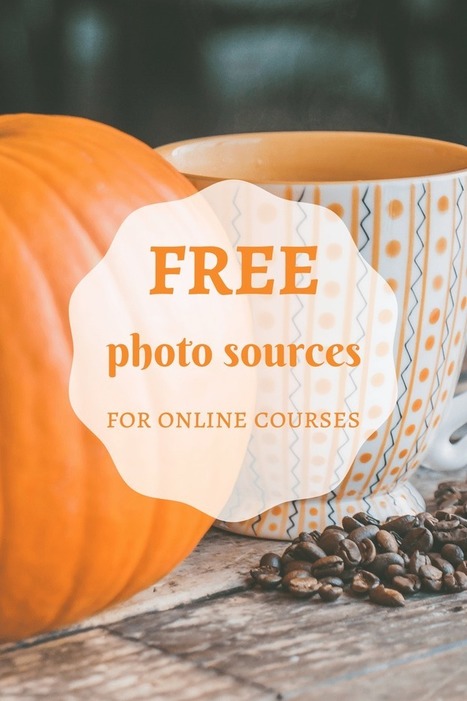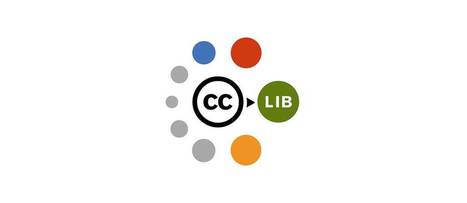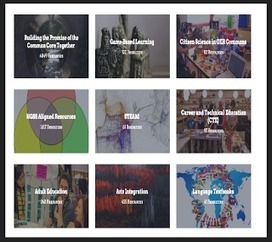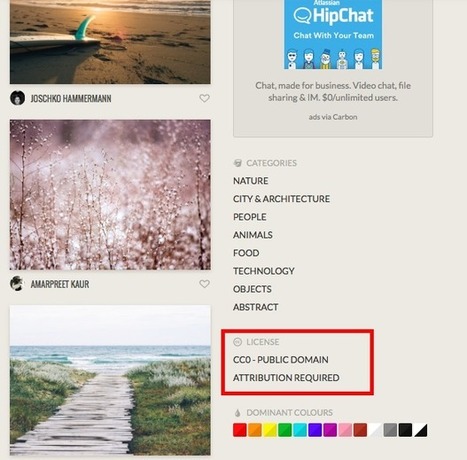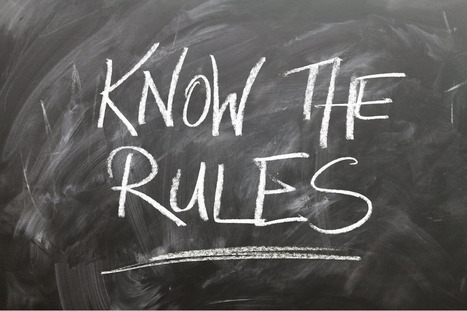An important part of responsible digital citizenship, according to ISTE Standards for Students, is the respect for "the rights and obligations of using and sharing intellectual property". Students need to learn that accessibility of information online does not necessarily make it copyright free. Unfortunately, I myself have learned this the hard way. I believe, the best and safest way to deal with the issue of copyrights online is to always seek permission from content owners.
Get Started for FREE
Sign up with Facebook Sign up with X
I don't have a Facebook or a X account
 Your new post is loading... Your new post is loading...
 Your new post is loading... Your new post is loading...

Becky Roehrs's curator insight,
February 12, 2017 8:38 PM
PhotoPin looks like a nice site to find free Creative Commons photos-and attributions, if you know how to add html code to your blog or web site

Le mag 2.0 de l'Asfored's curator insight,
February 10, 2017 11:21 AM
S'y retrouver dans les licences Creative Commons, pas toujours simple. Voici un récapitulatif bien utile en attendant notre prochaine formation sur le droit d'auteur ;) le 23 février : http://asfored.org/edinovo/stage-14DT158

Chris Simon's curator insight,
February 11, 2017 2:24 PM
Si retrouver dans Les Creatives Commons Licences !

Tina Jameson's curator insight,
February 16, 2017 4:48 PM
A clear and useful graphic (Attribution-NonCommercial-No Derivs CC by ND) that you can use with students to explain how to use other people's created works fairly and legitimately.

Margarita Saucedo's curator insight,
February 6, 2017 11:39 AM
Cuando se anda en búsqueda de buenas imágenes

Mike McCallister's curator insight,
February 6, 2017 4:20 PM
Blogs and social media posts are always enhanced by graphics. More people look at and interact with posts with photos. Here's another place to find compelling graphics.
ROCAFORT's curator insight,
February 7, 2017 2:48 PM
The New York Public Library just uploaded nearly 200,000 images you can use for free
|

Becky Roehrs's curator insight,
June 6, 2018 9:18 AM
This list contains some of my "new" favorites, such as Unspash, with important info provided for each site:
The only site I'd watch out for would be Google Images-as I rarely use it. Why? Even using Advanced Search, I've seen many images listed as "free to use and share" which are really copyrighted images others have used incorrectly on their web sites.

Sheree Campbell Carter's curator insight,
November 21, 2017 9:29 AM
Great info and solutions to copyright pictures

Willem Kuypers's curator insight,
February 11, 2017 8:21 AM
Toujours intéressant d'avoir des adresses avec des sites d'images libres.

GwynethJones's curator insight,
February 11, 2017 10:20 AM
Who doesn't love FREE Images!? Great source!

Marta Torán's curator insight,
January 20, 2017 3:11 PM
Las reglas para el uso educativo de lo que encontramos en la red. Nos lo cuenta Sue Waters. 
Dr Tee Nadan's curator insight,
January 29, 2017 4:28 AM
I wish all tutors/lecturers actually put this in practice. You can't simply use others' materials without due acknowledgement. Period.
|




